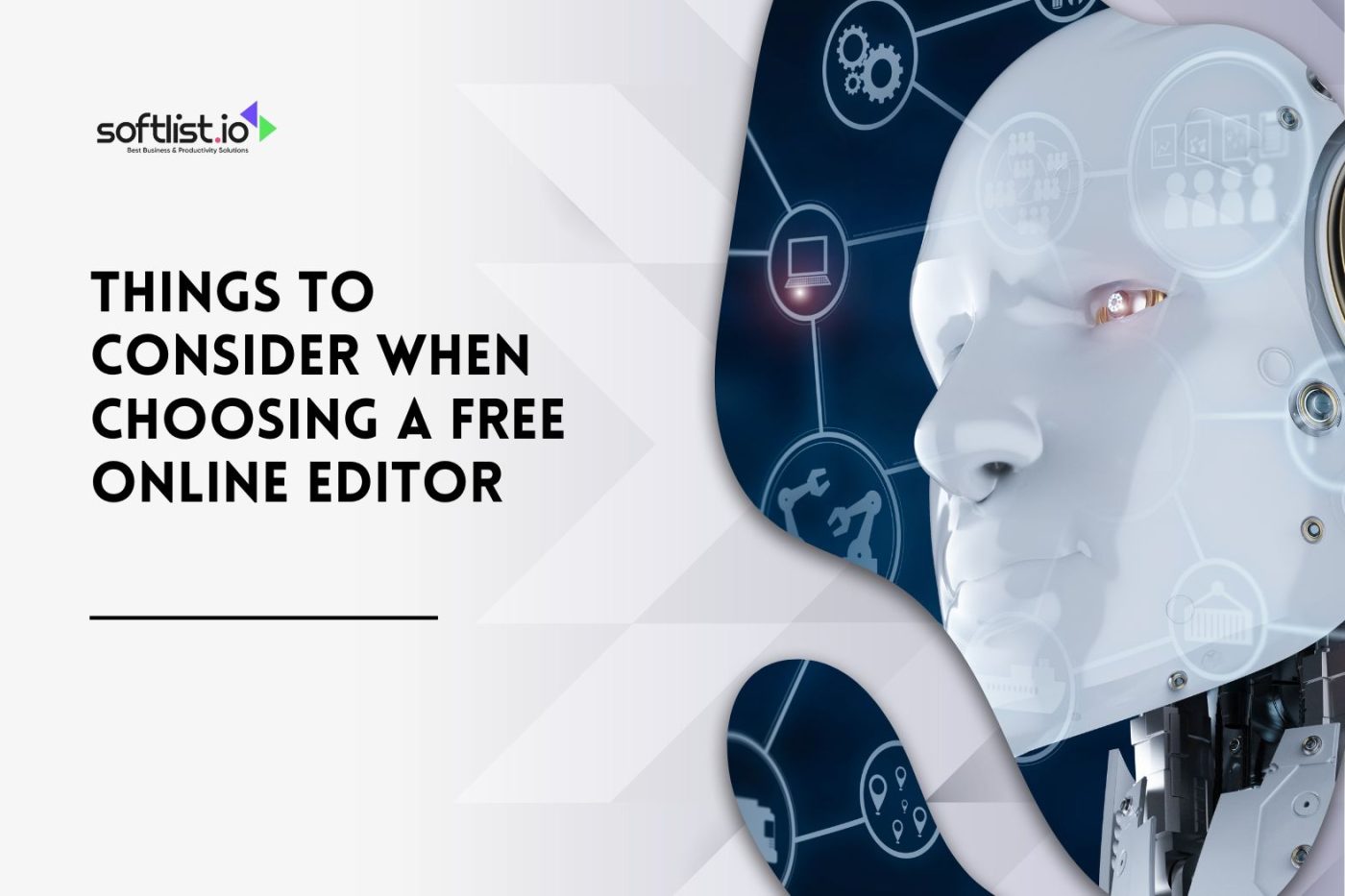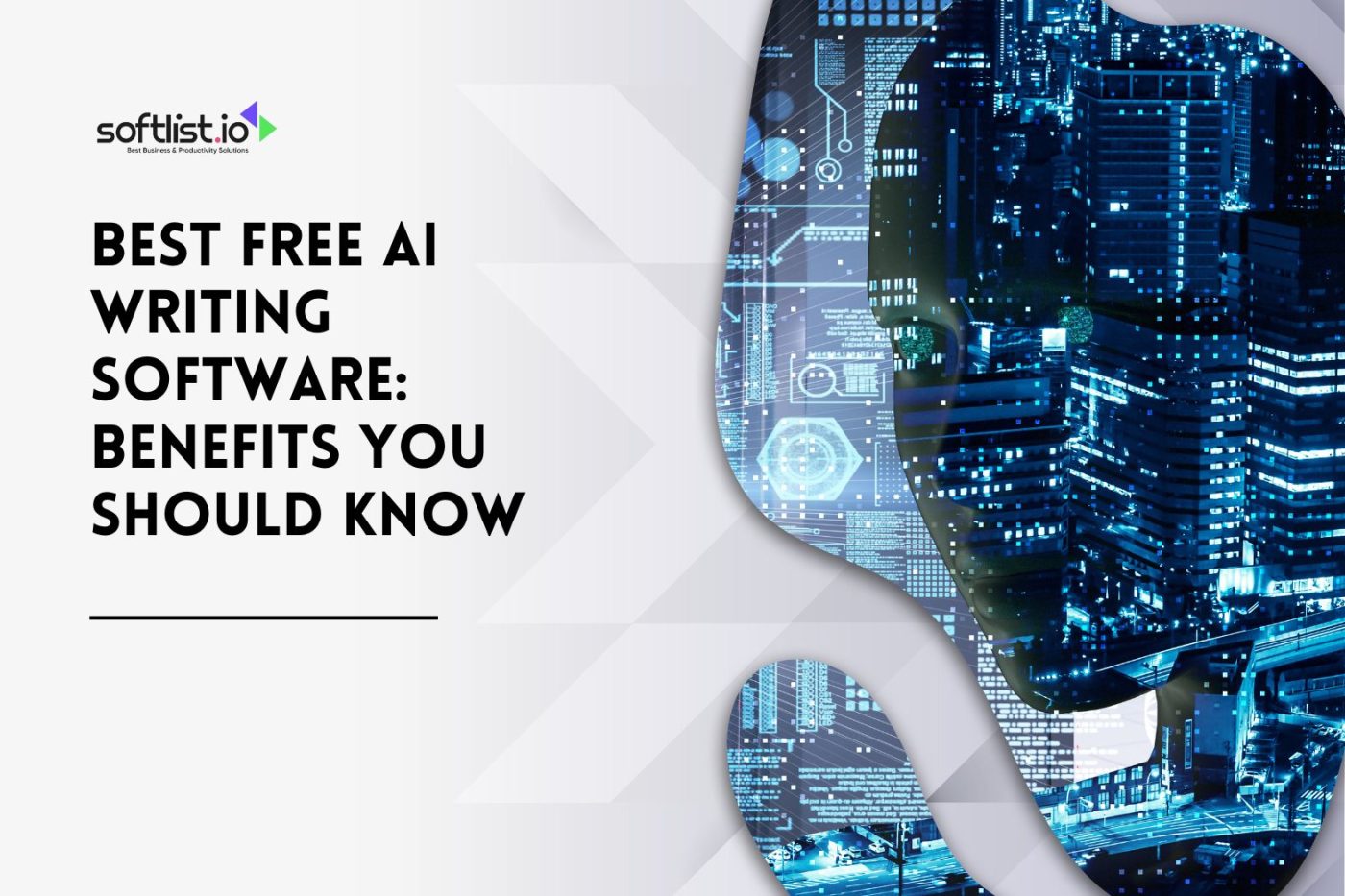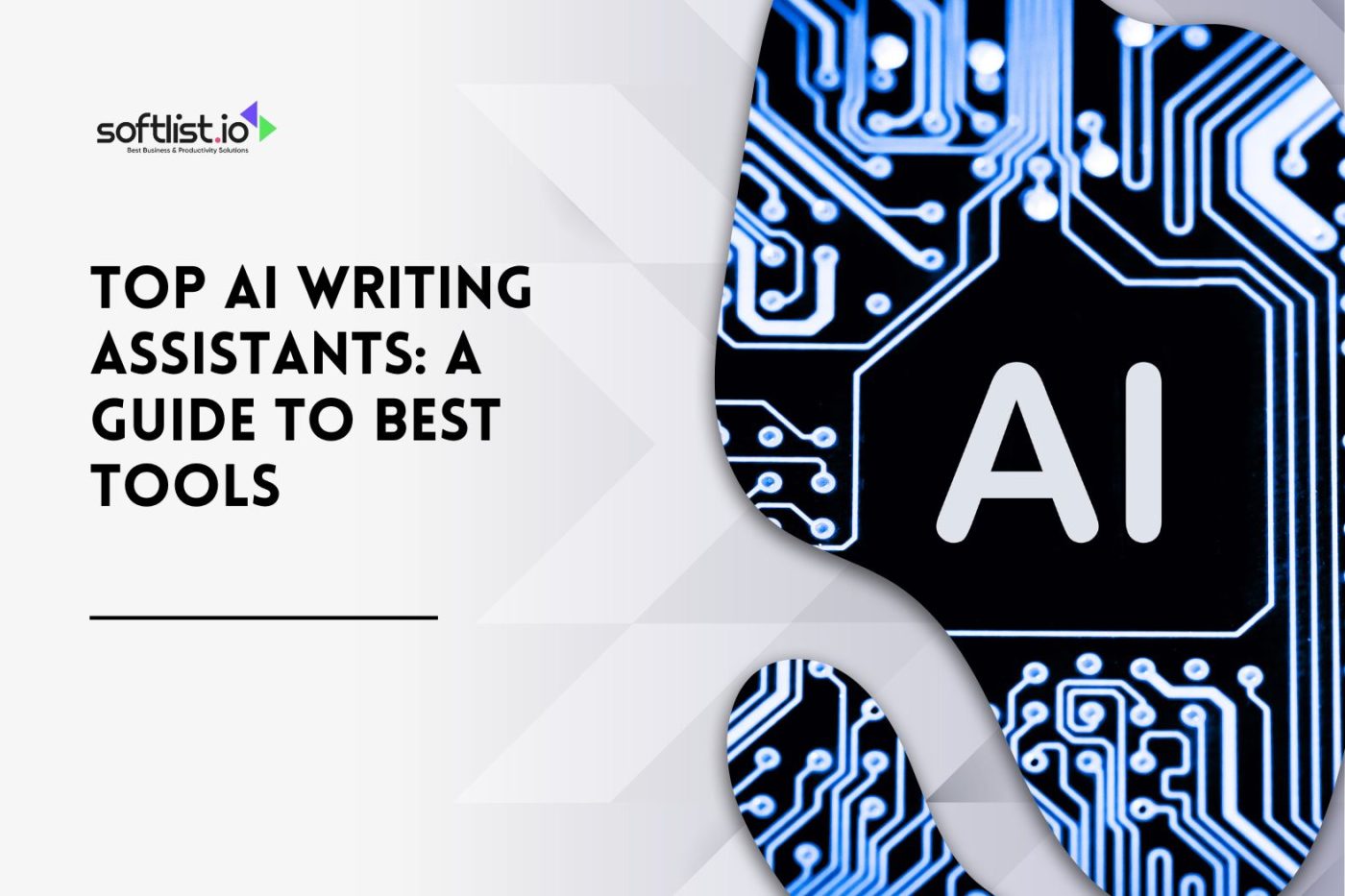The B2B SaaS (software-as-a-service) world has seen some significant changes lately. Thanks to new technology and changes in how business works, B2B SaaS tools are now essential for businesses that want to make things easier, work better, and grow faster.
In simpler terms, B2B SaaS is like renting software instead of buying it. Imagine instead of buying a DVD, you pay a small fee each month to stream your favorite movies. That’s how B2B SaaS works. Instead of buying software and installing it on your computer, you pay a monthly fee to use it over the Internet.
This shift to B2B SaaS has been huge. It’s like going from owning a whole collection of DVDs to having access to every movie made with just a few clicks. Businesses love it because it means they can get the tools they need without a big upfront cost, and they can easily scale up or down as their needs change.
These tools aren’t just for big companies either. Even small businesses can afford to use powerful software that helps them manage their work better. Whether it’s keeping track of customers, managing projects, or handling finances, there’s a B2B SaaS solution for just about every need.
So, with technology moving fast and businesses needing to keep up, B2B SaaS has become a game-changer. It’s like having a magic wand that helps businesses do more with less. And in today’s competitive world, that’s something every business wants.
Understanding B2B SaaS Technologies

Business-to-business SaaS technologies encompass many cloud-based software solutions designed to meet organizations’ needs. Unlike traditional software models that require upfront investment in hardware and software licenses, B2B SaaS operates on a subscription-based model, offering scalability, flexibility, and accessibility.
From CRM systems to project management equipment and enterprise resource planning (ERP) solutions, B2B SaaS platforms span diverse functionalities, catering to the specific requirements of businesses. Whether you are a gym owner using a Saas based fitness software or working in some other industry, this cloud based model enables you to attract clients and meet the specific requirements.
Key Features and Benefits
Innovative B2B SaaS technologies come equipped with many features and benefits designed to empower businesses in various aspects of their operations. These include:
Accessibility
Cloud-based deployment revolutionizes accessibility by enabling users to access software applications from any location with internet connectivity and on any device, be it a desktop computer, laptop, tablet, or smartphone.
This flexibility fosters collaboration among geographically dispersed teams and allows employees to work as a team regardless of their physical location or time zone. Moreover, the accessibility of B2B SaaS solutions promotes productivity by eliminating barriers to entry and empowering users to work efficiently from virtually anywhere, whether in the office, at home, or on the go.
Scalability
As a business is experiencing rapid expansion or seasonal fluctuations in demand, SaaS platforms enable seamless scalability by allowing organizations to dynamically adjust their subscription plans, user licenses, and computing resources.
Cost efficiency
One of the most significant advantages of B2B SaaS solutions is their inherent cost efficiency, driven by the elimination of upfront investment in hardware or software licenses. By adopting a subscription-based pricing model, businesses can avoid substantial capital expenditures and instead benefit from predictable, pay-as-you-go pricing structures that align with usage and budgetary constraints.
This predictable cost structure not only enhances financial transparency and planning but also minimizes the financial risks associated with traditional software procurement models.
Automatic Updates
SaaS providers take the burden of software maintenance, updates, and upgrades off the shoulders of businesses by offering automatic and seamless updates to their platforms. Businesses can leverage new capabilities, enhancements, and bug fixes to drive productivity, efficiency, and competitiveness.
Integration Capabilities
B2B SaaS platforms boast robust integration capabilities, enabling seamless interoperability with other business systems, applications, and data sources. Through pre-built connectors, APIs (Application Programming Interfaces), and middleware solutions, SaaS providers facilitate the exchange of data and the automation of workflows across disparate systems, thereby enhancing operational efficiency and agility.
Whether integrating with CRM systems, ERP software, accounting platforms, or third-party services, B2B SaaS solutions empower businesses to create unified, end-to-end workflows that simplify processes, eliminate data silos, and drive collaboration across departments and functions. Additionally, the flexibility and scalability of cloud-based integration enable businesses to adapt and scale their integrations as their needs evolve, ensuring continued alignment with business objectives and operational requirements.
Emerging trends in B2B SaaS

The B2B SaaS landscape constantly evolves, driven by technological innovations and changing market dynamics.
Some notable trends shaping the future of B2B SaaS technologies include:
Integration of AI and ML
The integration of AI and ML capabilities into B2B SaaS solutions represents a paradigm shift in how businesses leverage technology to enhance productivity and decision-making. AI and ML algorithms analyze vast amounts of data to uncover patterns, trends, and insights that traditional analytics methods may overlook.
In the context of B2B SaaS, these technologies enable:
- Personalized Recommendations: AI-driven recommendation engines analyze user preferences, behavior, and interaction data to deliver personalized product recommendations, content suggestions, and marketing offers, enhancing customer engagement and satisfaction.
- Automation of Repetitive Tasks: ML algorithms can automate repetitive tasks easily. Through natural language processing (NLP) and computer vision, B2B SaaS solutions rationalize workflows and improve operational efficiency.
Vertical-specific Solutions
Recognizing the diverse needs and regulatory requirements of different industries, B2B SaaS providers are increasingly offering vertical-specific solutions tailored to the unique challenges and workflows of specific sectors. These industry-specific B2B SaaS platforms cater to vertical markets such as healthcare, finance, manufacturing, and legal services, offering specialized functionality and compliance features. For example:
- Healthcare: B2B SaaS platforms for the healthcare sector, in particular, come with functions including EHR managements, patient appointment scheduling, telemedicine capabilities, and compliance with HIPAA regulations.
- Finance: The B2B SaaS solutions that are tailored to the finance sector will tackle such accounting software, financial analytics tools, risk management platforms, and regulatory compliance modules accordingly to provide the financial institutions and regulatory bodies with adequate resources to comply with the strict requirements.
- Manufacturing: B2B SaaS platforms tailored for the manufacturing industry offer features such as supply chain management, inventory optimization, predictive maintenance, and quality control modules to modernize production processes and improve operational efficiency.
Hybrid Cloud Deployments
In a hybrid cloud model, organizations can maintain sensitive data applications in a private cloud environment to ensure data security, compliance with regulatory requirements, and greater control over infrastructure.
Leverage the scalability, cost-effectiveness, and flexibility of public cloud services for non-sensitive workloads, temporary spikes in demand, and development/testing environments.
Seamlessly integrate on-premises infrastructure with public cloud resources, enabling hybrid cloud orchestration, workload portability, and dynamic resource allocation based on workload demands.
Enhanced Security Measures
With data privacy breaches and cybersecurity threats rising, B2B SaaS providers are doubling down on their efforts to enhance security measures and safeguard sensitive information.
Some of the advanced security measures adopted by B2B SaaS providers include:
- Advanced Encryption Techniques: Encryption algorithms such as AES (Advanced Encryption Standard) and RSA (Rivest-Shamir-Adleman) are used to encrypt data at rest and in transit, ensuring confidentiality and integrity.
- Multi-Factor Authentication: MFA adds security in the form of authentication, such as passwords, biometric scans, or one-time passcodes, before gaining access to the system.
- Compliance Frameworks: B2B SaaS providers adhere to industry-specific compliance frameworks, such as GDPR (General Data Protection Regulation), SOC 2 (Service Organization Control 2), and ISO 27001 (International Organization for Standardization). Demonstrate their commitment to data privacy, security, and regulatory compliance.
Impact on Business Operations
The sweeping effect of B2B SaaS technologies can be observed in the different aspects of a business to a large degree of efficiency, agility, and competitiveness. Some notable areas where B2B SaaS solutions make a difference include:
Some notable areas where B2B SaaS solutions make a difference include:
- Streamlined Workflows: The automation of regular tasks and workflows through the SaaS B2B programs saves time and resources, making it possible to devote more time to high-value activities.
- Improved Collaboration: With cloud-based tools, teams, whether in the same office or spread across the globe through cloud-based tools. This increases the speed of project timelines, while the quality of work improves, enabling a more creative and holistic working environment.
- Enhanced Customer Experience: CRM and customer engagement platforms give businesses direct access to their customers, giving them the ability to offer tailored experiences and customer relationship management that, in turn, leads to customer satisfaction and loyalty.
- Data-Driven Decision Making: Then business intelligence (BI) solutions for the B2B SaaS market is a highly valuable tool that provides crucial insights into the performance of the business, the commodity market as well and how the customers behave, thus offering informed decisions and strategic planning.
Challenges and Considerations

While the adoption of innovative B2B SaaS technologies offers significant benefits, businesses also face certain challenges and considerations, including:
- Data Security and Compliance: Ensuring the security and compliance of sensitive data stored in the cloud remains a top concern for businesses, necessitating robust security measures and regulatory compliance.
- Integration Complexity: The integration of B2B SaaS platforms with existing IT infrastructure and legacy systems. It can be complex and time-consuming, and it needs to be done with cautious planning and execution.
- Vendor Lock-In: A single SaaS vendor dependency for indispensable business functions makes vendor lock-in and incompatibility with other solutions a factor one needs to be aware of.
- Performance and Reliability: The dependence of cloud-based SaaS applications on accessing the internet creates problems in relation to the app’s performance, availability, and latency, especially in regions with limited bandwidth or unstable networks.
Future Outlook
Looking ahead, the future of innovative B2B SaaS technologies appears promising, driven by ongoing advancements in cloud computing, AI, and data analytics. As businesses increasingly embrace digital transformation initiatives, the demand for scalable, agile, and cost-effective SaaS solutions is expected to soar.
Moreover, the convergence of B2B and consumer-facing technologies, coupled with the proliferation of connected devices and IoT (Internet of Things) ecosystems. It is poised to reshape the B2B SaaS landscape further, offering new opportunities for innovation and growth.
Business-to-business SaaS technologies hold immense potential to revolutionize how businesses operate, collaborate, and compete in today’s dynamic marketplace by leveraging the scalability, accessibility, and functionality of cloud-based SaaS solutions. Organizations can drive efficiency, agility, and innovation across their operations, positioning themselves for long-term success in an increasingly digital world.






